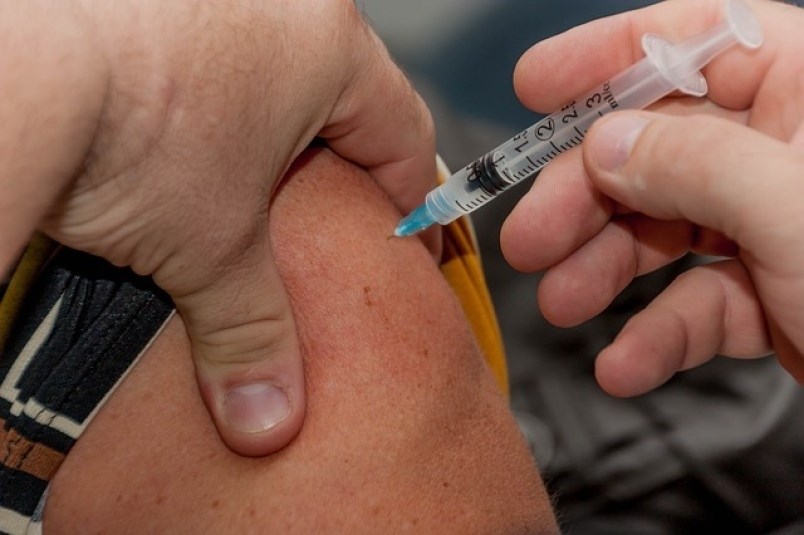School District 43’s (SD43) nearly 4,400 employees will have to wait at least another month to hear if a vaccine mandate will be implemented.
While most teachers and support workers are likely already vaccinated, given the high rates of vaccination in the Tri-Cities, it is possible that some school workers may not have had their shots against COVID-19.
As of today (Oct. 27), it's not known how many SD43 employees are not vaccinated, and obtaining that information will be challenging, according to superintendent Patricia Gartland.
But getting the data is the first step, according to guidelines recently made public.
On Tuesday (Oct. 26), the board of education released a statement saying the district will gather more information before determining if a vaccination mandate is needed for all K-12 staff.
For now, officials believe the vaccine rate is high — above 90 per cent in the Tri-Cities among eligible residents aged 12 years and older with at least one dose — and requiring a COVID-19 vaccine to work in schools wouldn’t make a big difference.
“Vaccination rates in the region are high among those eligible to be vaccinated and a mandate for K-12 staff may not significantly increase the number of immunized adults in the community,” said board chair Kerri Palmer Isaak in a news release.
She added most COVID-19 cases in schools are among children under 12 who are not yet eligible to be immunized.
"INTENSE REVIEW AND SCRUTINY"
Acknowledging the issue remains a “matter of intense review and scrutiny,” the district intends to consult with the Ministry of Education and B.C. Public School Employers' Association to better understand provincial direction and the implications of a mandate from an employer perspective.
It’s also reviewing the vaccine mandate guidelines for K-12 employees recently developed by an ad-hoc advisory committee comprised of provincial and sector representatives.
The sensitivity of the issue was raised by Gartland, who told trustees gathering data about unvaccinated staff to determine risk, as recommended by the guidelines, would pose a challenge.
Privacy requirements would mean staff would have to provide their vaccine status voluntarily, making it hard to get as it would be “sporadic because not everyone would want to provide it.”
However, the guidelines released last week for school vaccine policies state that public health data could stand in as a proxy for school vaccination rates.
Requiring COVID-19 immunization to be able to work in schools would pose other challenges for school employers, according to Gartland.
VACCINE MANDATE MIGHT 'ENTRENCH' HESITANCY
She said a vaccine mandate could exacerbate vaccine inequities because such a policy “may entrench those who are opposed to vaccinations” and would be one of the more “intrusive and intensive measures available.”
She said schools are already doing a lot to prevent the spread of COVID-19, including daily health checks, so people don’t go to school with COVID-19 symptoms, hand hygiene, physical distancing in classes and an indoor mask mandate.
Schools have also introduced staggered start and end times, implemented controlled outdoor gatherings, fewer field trips and reduced numbers of spectators to reducing crowding, Gartland said.
“For every decision we make we are being very conservative, following safety guidelines to the letter because of the risk of Delta variant,” Gartland told trustees during Tuesday’s virtual board meeting.
Meanwhile, Fraser Health continues to report exposures in schools, including dozens reported in Coquitlam, Port Coquitlam and Port Moody, since school began.
Currently, there are 10 recent exposure events at SD43 schools on the authority's website.
However, there are indications that school exposures are beginning to decline, according to provincial health officer Dr. Bonnie Henry.
A decision on a vaccine mandate, if it comes, won’t be until the next board meeting scheduled for Nov. 23.
In the meantime, SD43 officials say they will continue to gather information and consider the concerns of parents, unions and employee groups.





